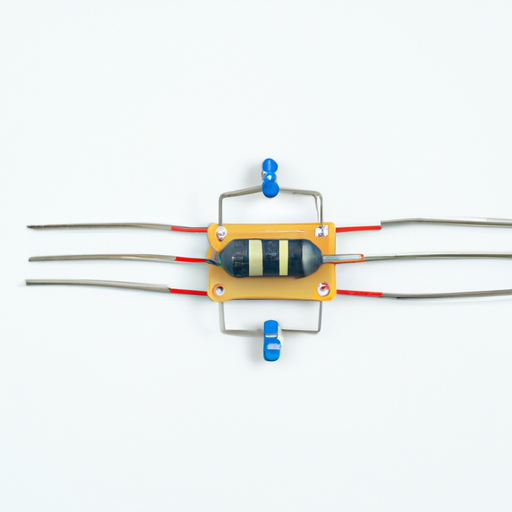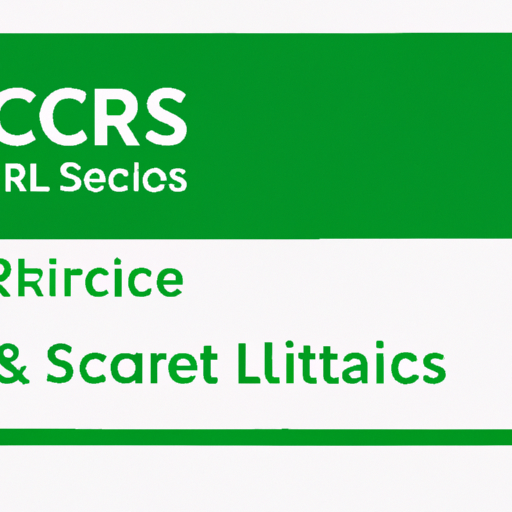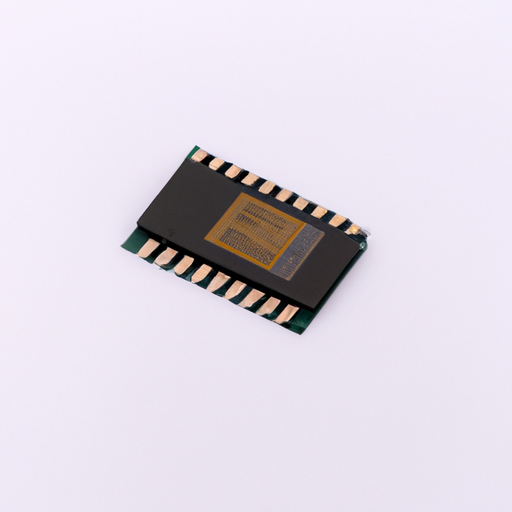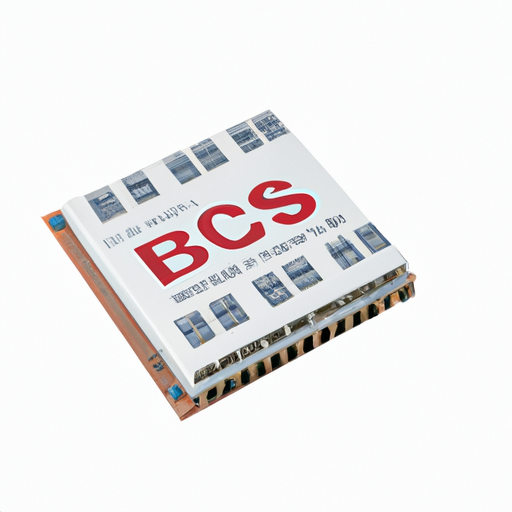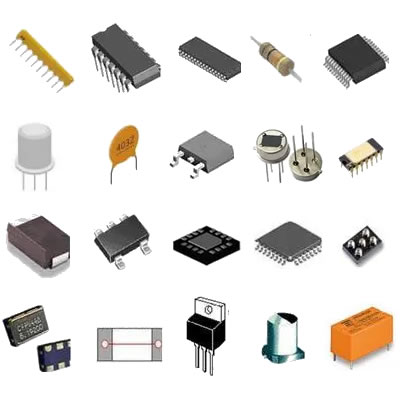What are the advantages of resistor power products?
What are the Advantages of Resistor Power Products?
I. Introduction
Resistor power products are essential components in electrical and electronic circuits, serving a variety of functions from current limiting to voltage division. These components are designed to handle significant power levels, making them crucial in applications where high energy is involved. As technology continues to advance, the importance of resistor power products has only grown, leading to innovations that enhance their performance and reliability. This article aims to explore the advantages of resistor power products, highlighting their significance in modern technology.
II. Overview of Resistor Power Products
A. Types of Resistor Power Products
Resistor power products come in various types, each designed for specific applications and performance requirements:
1. **Wirewound Resistors**: These resistors are made by winding a metal wire around a core. They are known for their high power handling capabilities and are often used in high-current applications.
2. **Thick Film Resistors**: Constructed by applying a thick layer of resistive material onto a substrate, these resistors are popular for their compact size and cost-effectiveness.
3. **Thin Film Resistors**: These resistors are made by depositing a thin layer of resistive material. They offer high precision and stability, making them suitable for applications requiring tight tolerances.
4. **Metal Film Resistors**: Similar to thin film resistors, metal film resistors provide excellent stability and low noise, making them ideal for high-frequency applications.
5. **Carbon Composition Resistors**: These resistors are made from a mixture of carbon and a binding material. They are known for their ability to withstand high energy pulses, although they are less common in modern applications due to their lower precision.
B. Applications of Resistor Power Products
Resistor power products find applications across various industries, including:
1. **Consumer Electronics**: Used in devices like televisions, computers, and audio equipment to manage power and signal levels.
2. **Industrial Equipment**: Essential in machinery and control systems, where they help regulate power and protect sensitive components.
3. **Automotive Systems**: Employed in various automotive applications, including power management and sensor systems.
4. **Telecommunications**: Used in network equipment to ensure signal integrity and manage power levels.
5. **Medical Devices**: Critical in devices such as imaging equipment and patient monitoring systems, where precision and reliability are paramount.
III. Key Advantages of Resistor Power Products
A. High Power Handling Capability
One of the primary advantages of resistor power products is their high power handling capability. Power ratings indicate the maximum amount of power a resistor can dissipate without failing. This characteristic is crucial in high-power applications, such as industrial machinery and renewable energy systems, where resistors must manage significant energy levels without overheating or degrading.
B. Thermal Stability
Thermal stability is another key advantage of resistor power products. These components are designed to dissipate heat effectively, ensuring that they maintain performance and reliability even under high-temperature conditions. Effective heat dissipation mechanisms, such as heat sinks and thermal management materials, help prevent thermal runaway, which can lead to component failure.
C. Precision and Accuracy
Precision and accuracy are vital in circuit design, and resistor power products excel in this area. Many types of resistors offer tight tolerance levels, ensuring that they perform consistently within specified limits. This precision is particularly important in applications such as medical devices and telecommunications, where even minor deviations can lead to significant issues.
D. Versatility and Customization
Resistor power products are highly versatile, available in a wide range of values and configurations. This versatility allows engineers to select the appropriate resistor for specific applications, ensuring optimal performance. Additionally, many manufacturers offer custom solutions tailored to unique requirements, further enhancing the adaptability of these components.
E. Cost-Effectiveness
When compared to other electronic components, resistor power products are often more cost-effective. Their relatively low cost, combined with their durability and reliability, can lead to long-term savings in maintenance and replacement. This cost-effectiveness makes them an attractive choice for both manufacturers and consumers.
F. Reliability and Longevity
The durability of resistor power products contributes significantly to their reliability and longevity. Factors such as material quality, construction methods, and thermal management all play a role in ensuring that these components can withstand the rigors of their operating environments. Reliable resistors reduce the risk of system failures, enhancing overall system reliability.
IV. Specific Applications Highlighting Advantages
A. Power Resistors in Renewable Energy Systems
In renewable energy systems, such as solar and wind energy, resistor power products play a critical role. For instance, in solar inverters, resistors help manage power flow and protect against overcurrent conditions. Their ability to handle high power levels and provide thermal stability makes them indispensable in these applications.
B. Resistor Power Products in Electric Vehicles
Electric vehicles (EVs) rely heavily on resistor power products, particularly in battery management systems. These resistors help regulate charging and discharging processes, contributing to energy efficiency and prolonging battery life. Their precision and reliability are crucial in ensuring the safe operation of EVs.
C. Industrial Automation and Control Systems
In industrial automation, resistor power products are used in motor drives and process control systems. They help manage power levels and ensure that machinery operates efficiently and safely. The versatility of these resistors allows for customization to meet the specific needs of various industrial applications.
V. Challenges and Considerations
A. Limitations of Resistor Power Products
Despite their many advantages, resistor power products do have limitations. Size and weight constraints can be a concern, particularly in applications where space is limited. Additionally, heat management can pose challenges, especially in high-power applications where excessive heat can lead to component failure.
B. Selection Criteria for Resistor Power Products
When selecting resistor power products, several criteria must be considered. Application requirements, such as power ratings and tolerance levels, are critical. Environmental considerations, including temperature and humidity, also play a significant role in determining the appropriate resistor for a given application.
VI. Future Trends in Resistor Power Products
A. Innovations in Materials and Technology
The future of resistor power products is likely to be shaped by innovations in materials and technology. Advances in manufacturing processes and materials science may lead to the development of resistors with improved performance characteristics, such as higher power ratings and better thermal stability.
B. Increasing Demand for High-Efficiency Components
As industries strive for greater energy efficiency, the demand for high-efficiency resistor power products is expected to grow. These components will play a vital role in meeting the energy efficiency goals of various sectors, including automotive and renewable energy.
C. Integration with Smart Technologies
The integration of resistor power products with smart technologies is another trend to watch. As the Internet of Things (IoT) and smart devices become more prevalent, the need for reliable and efficient resistors will increase, driving further innovation in this field.
VII. Conclusion
In summary, resistor power products offer numerous advantages that make them essential components in modern technology. Their high power handling capability, thermal stability, precision, versatility, cost-effectiveness, and reliability contribute to their widespread use across various industries. As technology continues to evolve, the importance of selecting the right resistor for specific applications cannot be overstated. Resistor power products will remain a cornerstone of electrical and electronic systems, supporting advancements in everything from consumer electronics to renewable energy solutions.
VIII. References
- Academic Journals
- Industry Reports
- Manufacturer Specifications and Guidelines
This comprehensive overview of the advantages of resistor power products highlights their critical role in modern technology and their potential for future innovations. Understanding these advantages can help engineers and designers make informed decisions when selecting components for their applications.

